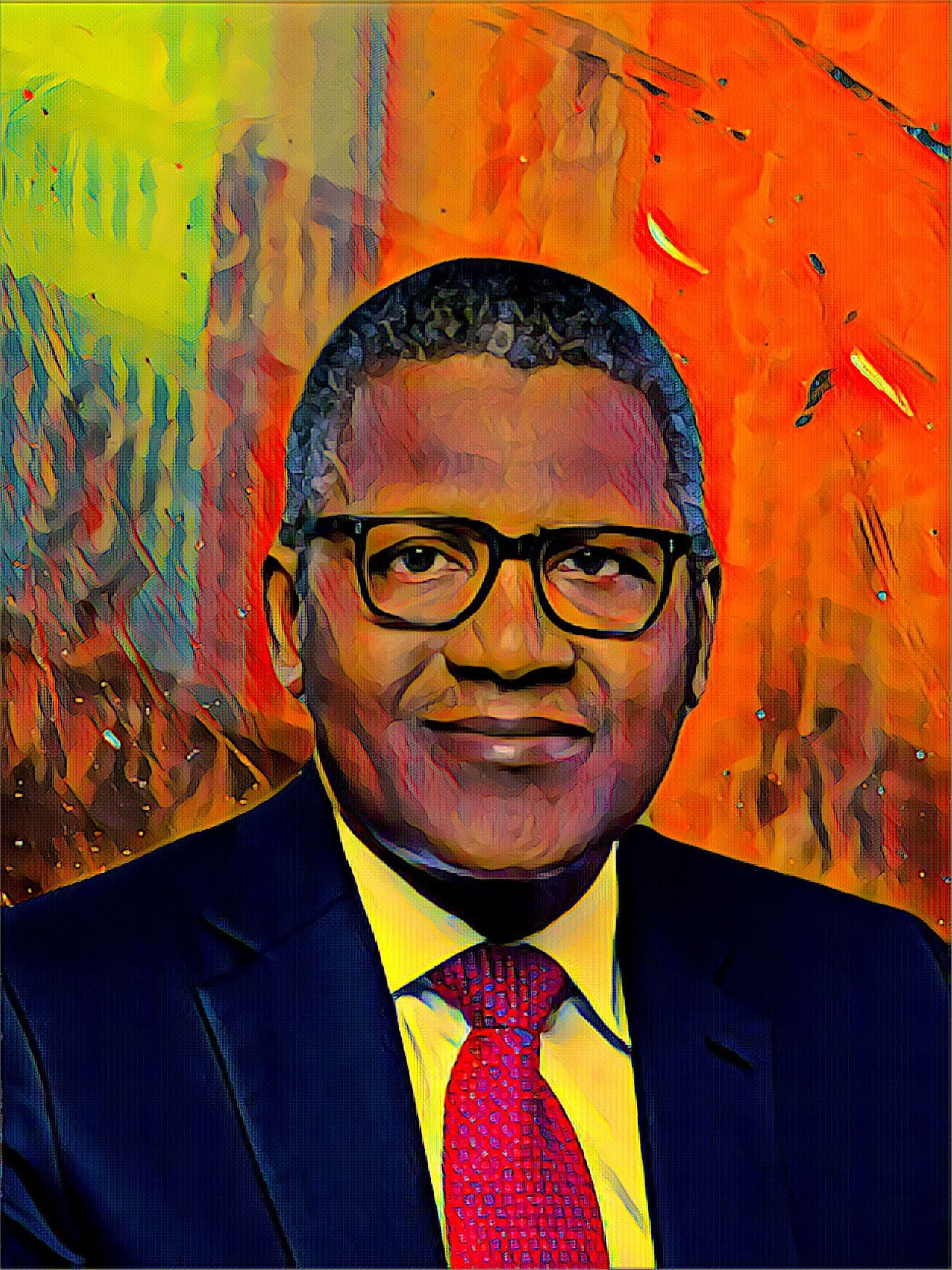Dangote Oil Refinery has already cost Africa’s richest man $7 billion in debt

The much-anticipated Dangote Oil Refinery has already cost Africa’s wealthiest man $7 billion in debt, Sahara Reporters estimated.
Owned by Dangote Group Chairman, billionaire businessman Aliko Dangote, the refinery was initially slated to launch in 2016, but has yet to open.
According to Sahara Reporters, the debt indicates that the Assets Management Corporation of Nigeria (AMCON) could be forced to take over the project.
The Dangote Oil Refinery is a 650,000-barrel-per-day integrated project under construction in the Lekki Free Trade Zone in Lagos, Nigeria. The refinery will be Africa’s largest and the world’s biggest single-train facility, privately owned by the billionaire.
The Dangote Group secured a $3.3-billion loan from lenders in 2013 to start and finish the plant within three years. Seven years have now passed and construction is still under way. The completion date has been postponed eight times, The Street Journal reported.
Media cited an anonymous contractor as saying that poor planning, the underpayment of contractors and a lack of proper project management with more than 40 contractors on-site have led to the majority of the delays.
He added that over-decentralization has led to a disorganized work environment.
With the refinery now projected to commence operations in 2025, Dangote Group’s indebtedness to lenders is estimated to reach $8.4 billion by 2025. Asides from its current debt burden, the refinery services debt of almost $700 million per annum.
Recently, the Nigerian National Petroleum Corporation (NNPC) announced plans to acquire a 20-percent minority interest in the plant for $2.7 billion.
The move aligned with legislation mandating that the NNPC must participate in any privately owned refinery producing more than 500,000 barrels per day in Nigeria.
Meanwhile, analysts have stated that the refinery could earn Africa’s largest oil producer $11 billion per annum, as the naira is expected to appreciate after launch while the economy opens up to the new opportunities that it will present.